My God is a Construct
‘God is dead, and we have killed him.’
More than a century has passed since Nietzche’s Zarathustra declared his disruptive truth on a mountaintop as a gift to civilization gleaned from a reflective solitude. Since then, the world has moved in a markedly secular direction. What has replaced this departure from theistic ideology? We were led astray by totalitarianism’s false promises, and various forms of warfare throughout the 20th century. More recently, our struggle is a search for meaning amidst consumer culture, populism, and atheism. Some would go as far as to say we are living throughout a crisis of meaning. Though, there won’t be a magic bullet to alleviate our ailments. We’ll have to work towards freedom and understanding slowly, but surely.
In this essay I intend to make the case for God. I don’t intend to revive him per se. Rather, I intend to offer a useful means of conceptualising this important figure within a more global society. In many ways this is anecdotal insight based on personal reflection, so I’ll start out with a recap of earlier positions surrounding God, and work towards my current standing.
I have experienced three distinct stages of truth pertaining to the existence of God. Initially, I wouldn’t have even thought to doubt his existence. I was born into a moderately conservative Roman Catholic tradition whereby the individuals who raised me imparted their belief of a personal God. As the child I was, I had no choice in the matter. Then, perhaps somewhat of a commonality amongst today’s youth, began a period of skepticism in adolescence. Secular friends, and an atheist media served to challenge my initial worldview. Now, my personal truth lies somewhere in between the two extremes of theism and atheism: sure, my God is dead, but that doesn’t mean he isn’t real, or useful.
First, I want to make it clear what type of God I’m talking about here. I’m talking about the omnipresent, omnipotent, omniscient God of the bible.The traditional creator of everything, according to the Abrahamic religions. Please note, I’m not assuming this is the only way to interpret the Abrahamic God. Rather, this is the God I was encouraged to believe in, and the overarching patriarch underlying my early development.
Since then, I have murdered my maker.
My beliefs have been subject to change. Not all at once, but gradually, and over time. For example, I still find the word ‘god’ useful; however, it no longer has many of the undertones the Christan figure might have had. I think God probably isn’t a metaphysical being, but something more akin to ‘everything’, or ‘the universe’. My views align now with Stoic and Buddhist thought. This doesn’t mean that God isn’t real to me. You see, my God is a construct.
For some background, let’s consider a decidedly neutral deity, Zeus, the Ancient Grecian Patriarch. Here we have a God that has a very real history of being worshipped and prayed to by many. In the ancient myth Zeus was immortal. He was the god of thunder that reigned over Olympus. He was the god of gods. Now, he’s bereft of worship and resigned to history classes and pop culture references. 90% of modern Greeks identify as Eastern Orthodox Christians. Critically, this is not to say that Zues is worthless in the modern context. At least, the construct of Zeus isn’t.
By construct, I mean all of the related thoughts you have connected to a particular central idea. This is a personal phenomenon, and is as unique as the complex mesh of neural activities physically responsible for the related thought. Despite this fact, we’re able to relate to and communicate with each other using common archetypes. Take Zeus for example, I envisage him as wielding a bright yellow mass of dynamic lightning, wearing old sandals made of straw, and harnessing superfluous energy he struggles to control. Zeus paradoxically embodies all things powerful on one hand, yet is rife with flaws on the other. This is how I imagine Zeus, but I assume your version of him is quite different. Importantly, it’s similar when it comes to some core features. Perhaps your Zeus wields lightning, but goes without the straw sandals. It’s a useful construct, and I offer that the formation and application of personal constructs is as equally applicable to our modern deities.
Let’s return to the Christan God. There still remains, after all these years, a strong imprint of him in my psyche. God has: an overwhelming sense of maleness, a loving creative energy, a paramount power to damn and redeem sinners and saints alike. I acknowledge that this likely falls short of cutting edge Christian theology, however, this is my honest conceptualisation of God. So, despite not believing in God, he doubtlessly exists in my mind. Therefore, I see no reason why the construct of God shouldn’t be of any benefit to me. Similar to the cannon of Olympus, the Bible offers many allegories which can inform my life and help me contextualise the lives and thoughts of those around me. Why not make use of this tradition of thinking? Let us revel in our constructs.
A real world application of this concept doesn’t come without drawbacks. For instance, we now have the re-emergence of many problems God once purported to solve. What of the universe’s beginning? Who decides what’s good and evil? Forgoing a god necessitates additional work for the individual when it comes to reaching certain ethical and metaphysical conclusions. For this reason, amongst many others, the sincere belief in higher deities is bound to persist for humanity’s foreseeable future.
With this in mind, the application of God as a construct is far from limited to the secular. For example, Muslims could build a personal construct for the Christian God, and vice versa. The same could apply for Buddhists, Shintoists, and atheists alike. Many see a need for humanity to be learning from each other’s diversity, and what’s more quintessential to our being than our respective faiths?
Over tens of thousands of years homo sapiens have passed on and nourished a bounty of beautiful religious bodies of thought and deities to learn from and worship. Many of us identify with a particular creed, and some none at all. All of this is fine. Though, it strikes me that an increased interest in developing personal constructs of each others’ gods may help us work towards a communal truth. Surely much is to be gained from having a stronger and more empathetic understanding of the modern deities your fellow humans worship and adore.

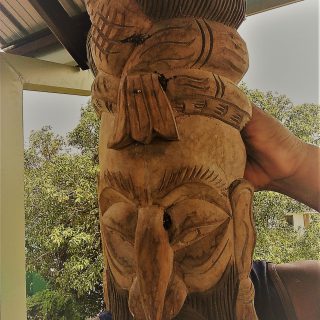
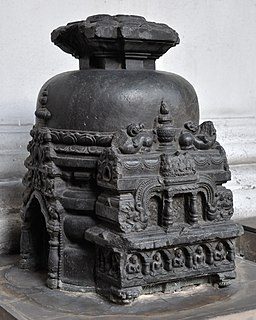
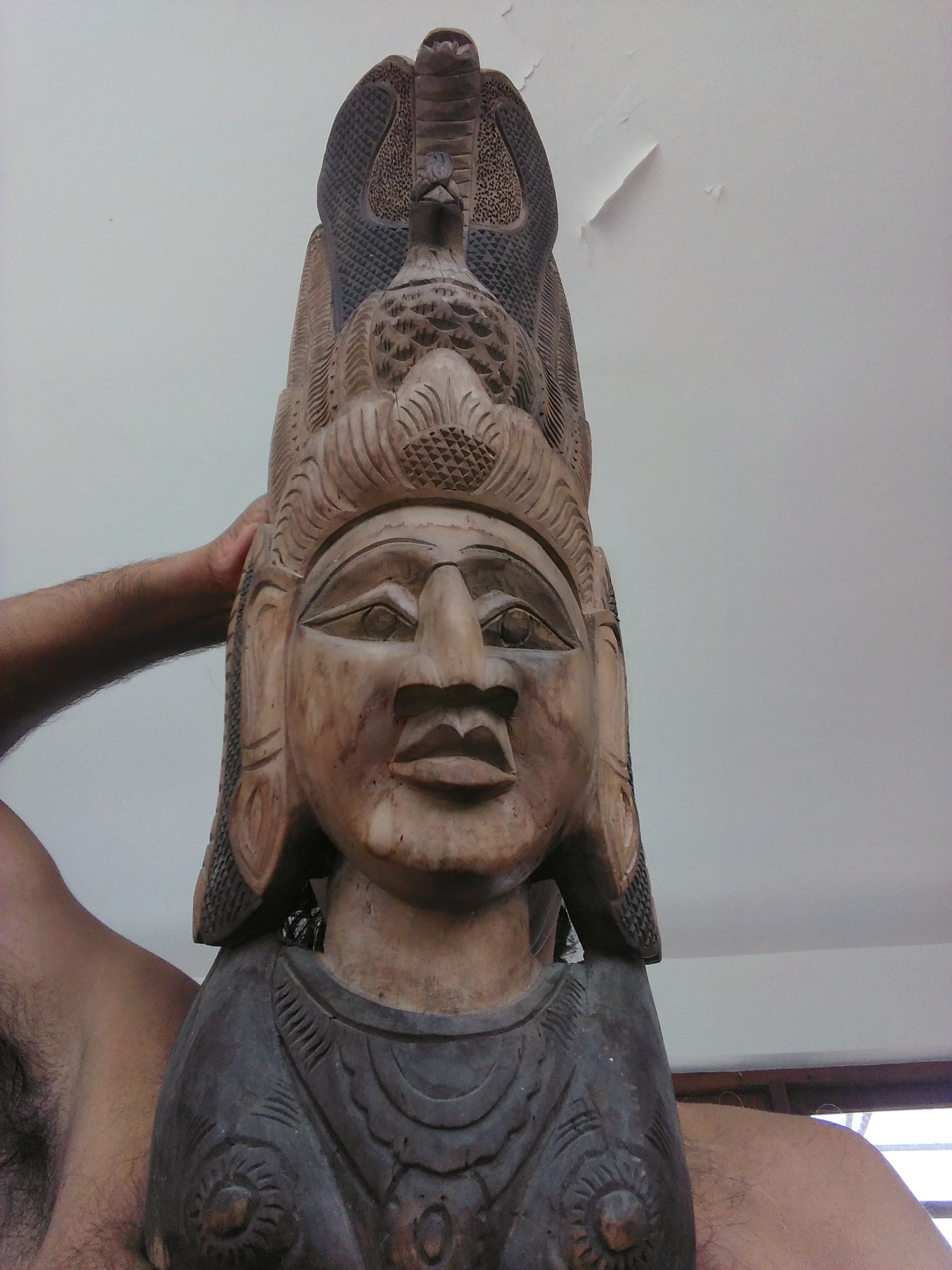

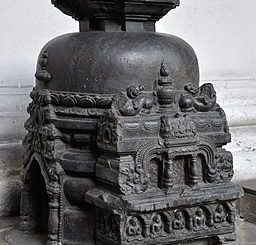
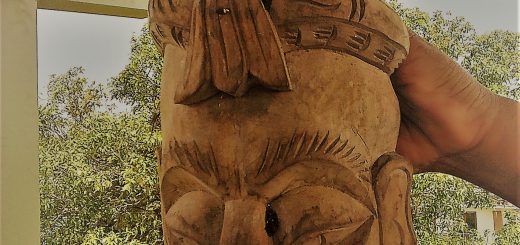



Recent Comments